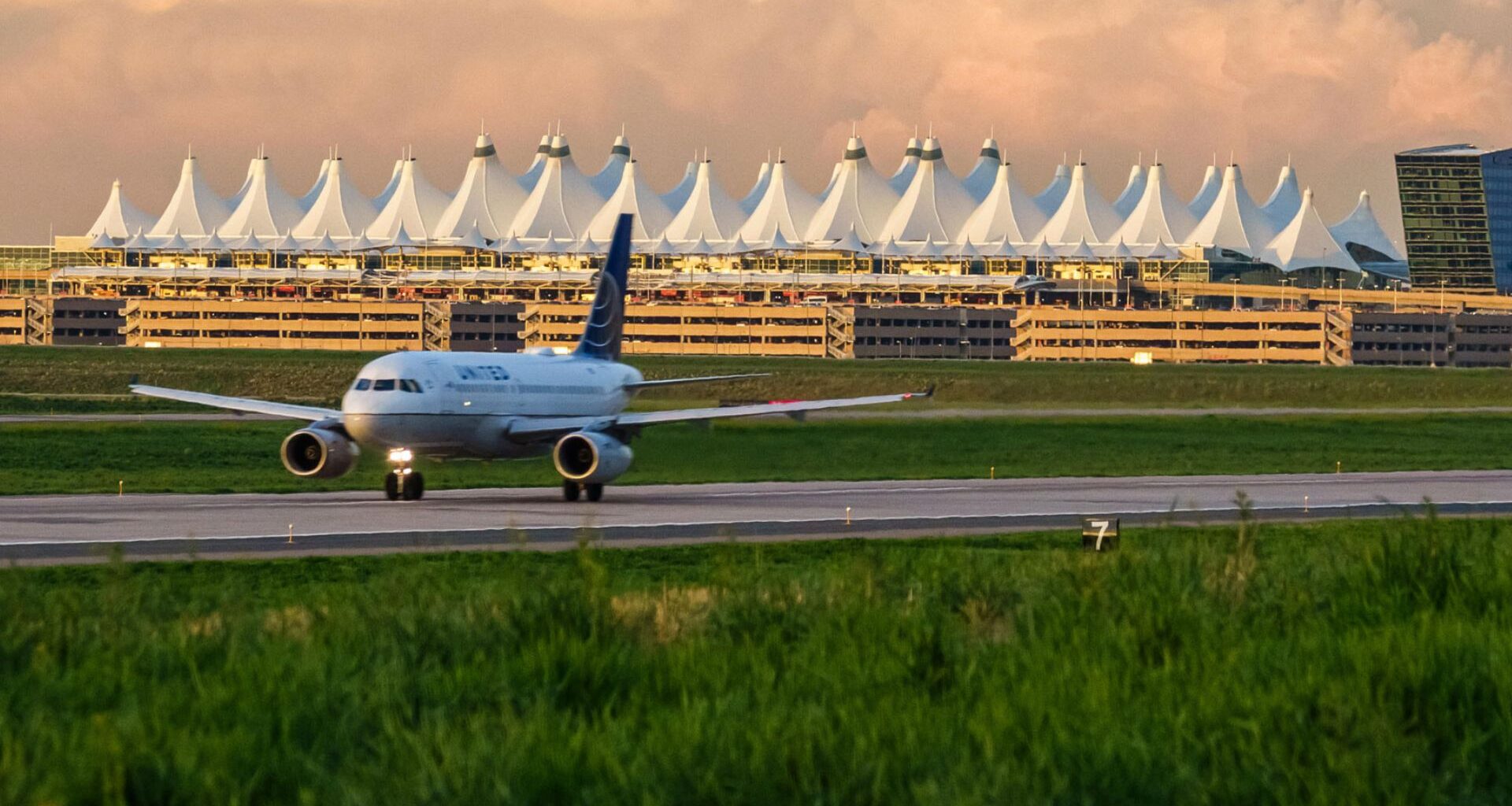An international airport in the United States is looking for ways to build a nuclear reactor on its campus to power its operations.
The Denver International Airport (DEN) has issued a request for proposals (RFP) to study the feasibility of building a small modular reactor (SMR) on the DEN campus.
The move is aimed at the international airport’s overall efforts to meet its clean energy demands in the future.
Denver Mayor Mike Johnston and DEN CEO Phil Washington made the announcement for the RFP.
International airports use a lot of energy to ensure uninterrupted operations. An SMR can prove to be of great help to the facility and enable its transition to a cleaner energy source.
While the aviation sector looks towards hydrogen-fueled aircraft and electric drones for fossil fuel-free travel and logistics, Denver Airport is trying to rope in nuclear energy to move to a cleaner source for ground operations.
Denver International Airport’s push for nuclear energy
The Denver International Airport is planning for a future when 120+ million passengers will use the facility annually. The airport anticipates this to happen by the year 2045. It is, therefore, looking towards nuclear energy as a potential source for clean operations.
SMRs offer a safe, more scalable, and potentially cost-effective approach to generating nuclear power. One added benefit of using nuclear power over solar and wind power is that it can run around the clock.
While wind and solar rely on climate conditions, a nuclear reactor can work for longer durations, and also complement the other renewable energy installations.
The RFP issued by the airport is for a study that will assess the feasibility of building an SMR on its campus.
Feasibility study for the SMR
“As we work to make DEN the greenest airport in the world, we must explore every innovative solution available to meet the demands of a growing city and a changing climate. Studying the potential of small modular nuclear reactors is a forward-looking step in understanding how we can deliver reliable, clean energy at scale,” said Denver Mayor Mike Johnston.
He added that the step is about thoughtful planning, long-term sustainability, and the commitment to “a healthier planet for generations to come.”
The DEN CEO further said that he realizes the SMR technology is relatively new, and this prompted them to conduct a study.
“We know that anything we would do would require significant investment and that SMRs are complex. So, we are keeping an open mind, learning more and continuing to responsibly plan for the airport’s future,” Washington said.
The questions the study will aim to answer are: Is an SMR solution viable for DEN to meet its long-term electrical and energy needs? What are the various types of SMR technology? What is a potential cost estimate, and what are potential funding options for an SMR facility? What are the risks involved? What government regulations are required to build and operate an SMR?
The study will cost up to $1.25 million and is expected to take between 6-12 months to complete, at which time DEN, along with its partners, will evaluate the findings and determine next steps.
There are various SMRs in the US that are under various stages of development. It remains to be seen if Denver Airport will actually host one in the future. If it materializes, the airport will become the first in history to house an SMR on its campus.
FAQs:
What are SMRs?
Small modular reactors (SMRs) can generate electricity between 20 to 300 megawatts. They are considered to be much easier to install as they take less space than traditional nuclear reactors.
What are the benefits of an SMR?
Apart from taking up less space, SMRs can be installed at a much lower cost. The advanced technology used also significantly lowers the risks associated with operating a nuclear power plant.
Moreover, they are also considered to be much better-performing units. It is for this reason that many countries are focusing on developing SMR tech to help them transition to clean energy resources.
